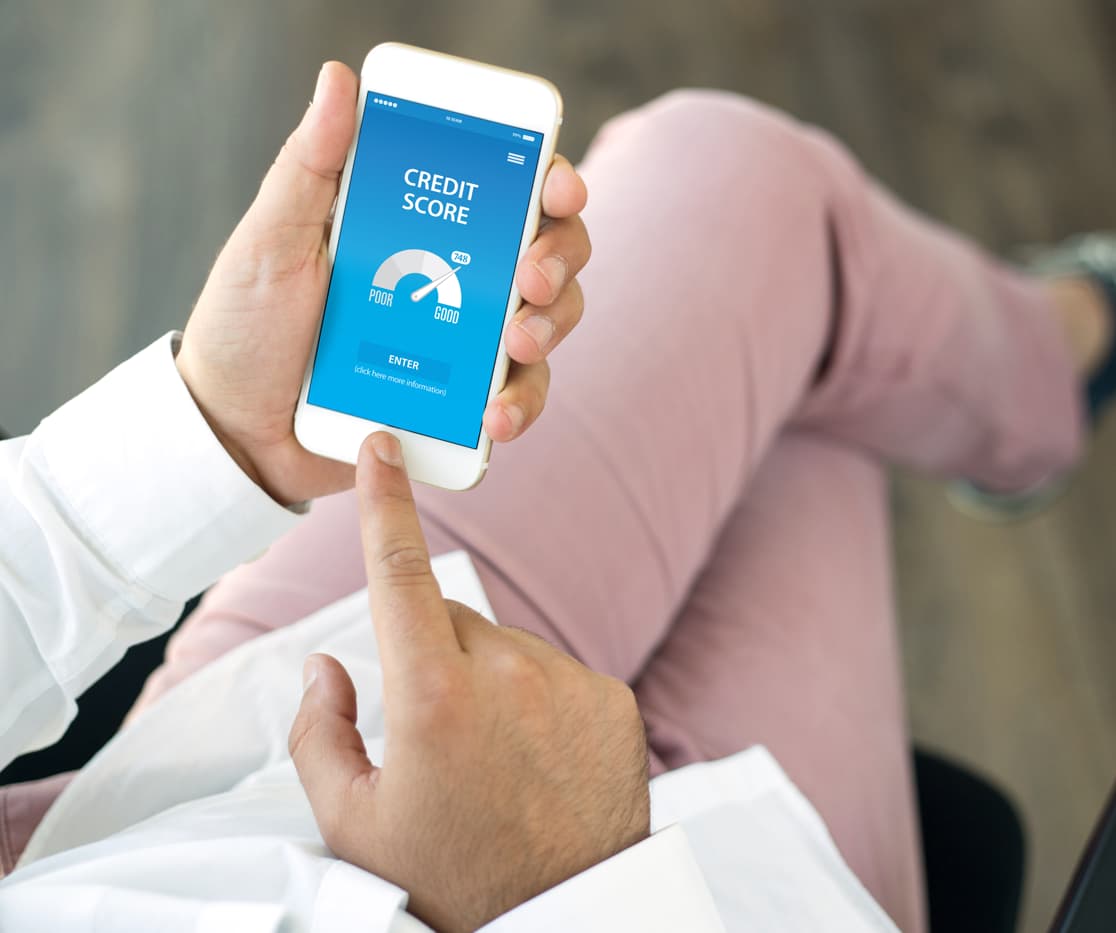
When used responsibly, your first credit card is a tool that can help you establish and build your credit. This is one of the most important things you can do to improve your financial future as your credit rating affects many areas of life.
Your credit helps determine what you pay for insurance, whether you are approved to buy a car, and whether you qualify for a mortgage, and how much a loan will cost you. There are other benefits of a credit card aside from building credit; it can also give you a source of emergency money and give you better recourse if you’re the victim of fraud.
Unfortunately, it’s easy to get carried away when you get your first taste of credit. Many young adults and college students, for example, quickly find themselves in debt after obtaining credit for the first time.
Here’s what you need to know about managing your first credit card responsibly to one day buy your own home and make other financial goals a reality.
 What Goes Into Your Credit Score
What Goes Into Your Credit Score
Your credit score is determined by five important factors:
- Payment history (35%)
- Amount owed (30%)
- Length of credit history (15%)
- New credit (10%)
- Credit mix (10%)
Your payment history, or how well you have repaid past debt, is the biggest factor that determines your credit rating. Installment loans like mortgages and revolving credit like credit cards are both included in this calculation. Making consistent, on-time payments with your credit card can help you establish a positive payment history.
The amount you owe is almost as important. This is why it’s important to maintain low balances on your credit cards and avoid overextending your credit utilization at any time.
Credit mix refers to the types of credit you have, such as retail accounts, credit cards, mortgages, car loans, and instalment loans. While it’s important to maintain a mix of credit to show you can use different types of credit responsibly, this factor isn’t as important as paying on time and avoiding high balances.
 Choosing Your First Credit Card
Choosing Your First Credit Card
There are two main types of credit cards: secured and unsecured. Regular credit cards are unsecured, which means you do not need to pay a deposit. A secured credit card requires a security deposit that’s usually equal to your new credit limit. Sometimes a secured card is your only option when you’re building credit, but not always.
Rewards credit cards may be tempting, but they aren’t always a good choice for your first credit card. The point of getting a credit card is learning to use credit responsibly and building your credit rating. A rewards card can be too tempting and lead you to build debt and pay interest charges that quickly eat up your rewards.
Always pay attention to the fees when choosing a credit card. With a secured credit card, you will most likely pay an annual fee, but you may be able to avoid with an unsecured card. This, of course, will vary by the type of card and the bank you choose; just be sure to get all the details up front! Here are the most important fees to watch for.
- Annual fee. This fee is charged once a year. Annual fees are most common with rewards cards and secured cards and may range from $29 to $500. For a starter credit card, choose a card with no annual fee if possible.
- Foreign transaction fee. When you make a purchase that is not in Canadian dollars, you will be charged a fee of 2.5% to 3% to convert the transaction back to Canadian money. This can happen when you travel outside of Canada or make an online purchase. While card issuers are largely getting rid of foreign transaction fees in the U.S., they are very common in Canada. Some cards do waive this fee or subsidize it in other ways, such as cash back on foreign purchases.
- Over-limit fee. This fee is charged if you exceed the credit limit on your credit card.
- Interest rate. Your credit card will be advertised with an APR, or Annual Percentage Rate. Interest isn’t charged on any balance that remains after your due date, however; you accrue interest on the average daily balance over the month. If your credit card has an APR of 20%, your periodic interest rate will be 0.0548% (or the APR divided by 365 days). This is a typical interest rate for a starter credit card.
Once you decide on a credit card, submit a single application. Don’t go crazy and try to get multiple credit cards at once. In addition to hurting your credit score, this can increase the risk of accumulating too much debt.
Using Credit Responsibly
Don’t let your new credit card burn a hole in your pocket. With responsible use, your credit limit will increase, your score will go up, and you will qualify for new forms of credit like a mortgage. Here are some important tips for managing credit responsibly.
- Pay off your balance in full every month. This avoids interest charges and keeps you from building debt. It’s also better for your credit score.
- Don’t exceed more than 30% of your limit. Even if you pay your balance in full every month, your credit card company can report your balance to the credit bureaus before the card is paid off. Your credit utilization is a big component of your credit score so always keep your balance below 20-30%.
- Schedule automatic payments. The key to building your credit is on-time payments, even if you can only make the minimum payment. Write your due date on the calendar, set a reminder on your phone, or schedule automatic payments to avoid missing your due date.
- Establish a good payment history. You’ll want to be diligent about paying off all debts, on time, for at least 6 months before requesting a credit limit increase or applying for new credit.
Your first credit card can help you go a long way toward establishing and building your credit, whether you’re a young adult or you’re new to Canada. Just remember that a credit card is a stepping stone to a bright financial future – not a way to buy things you may not be able to afford. Before you know it, your credit score and history can be sufficient to help you qualify for a loan on the home you’ve always wanted!




